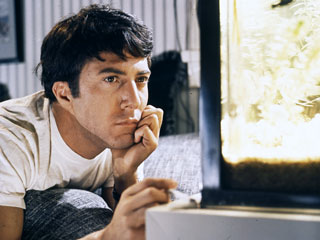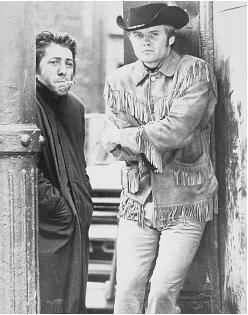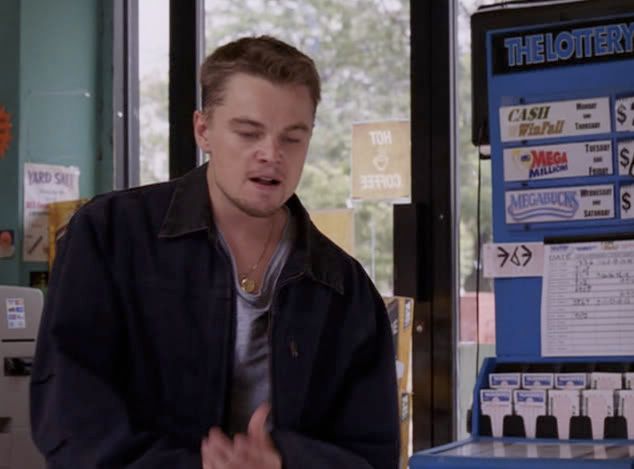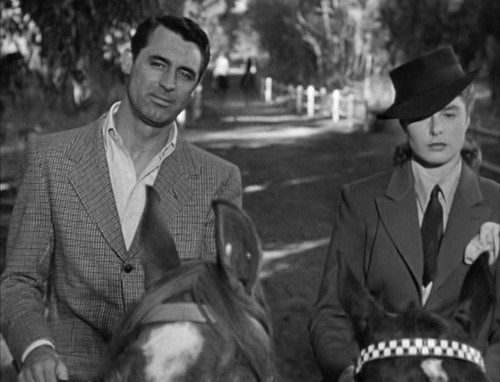Sometimes an actor's greatness can be seen in just one performance (Brando in On the Waterfront, for example), but sometimes it takes seeing an actor or actress in more than one role to recognize how versatile and, perhaps, great they truly are. This is a thread to discuss such performances. What are some of your favorite instances when a performer showed his or her talent in two different roles? I'd prefer that we stick to films that were released fairly close together, but there really are no rules.
I'll start the ball rolling with one of my favorites: Dustin Hoffman. For years I thought of him as the greatest living movie actor. Although I can't say that I feel the same way now, I still hold him in very high regard. Two reasons are his performances in two of his earliest films: The Graduate and Midnight Cowboy. In The Graduate he gives a perfect depiction of disaffected youth, being very naive and unsure of himself, but gradually becoming more and more self-confident, even as he has no clear idea of his ultimate destination, other than his short-term goal of marrying Elaine Robinson. His role as Ratso Rizzo in Midnight Cowboy, released less than two years later, couldn't be more different. Here he convincingly plays a crippled third-rate con man. Dirty and broke, but with plenty of street smarts, he takes the naive lead character Joe Buck (Jon Voight) under his wing, guiding him through the urban jungle of New York City. Two great films; two great, but very different roles for one actor.
I remember a friend commenting that he thought Hoffman did a lousy job in The Graduate because he was obviously so unsure of himself.

The Graduate (1967)

Midnight Cowboy (1969)
I'll start the ball rolling with one of my favorites: Dustin Hoffman. For years I thought of him as the greatest living movie actor. Although I can't say that I feel the same way now, I still hold him in very high regard. Two reasons are his performances in two of his earliest films: The Graduate and Midnight Cowboy. In The Graduate he gives a perfect depiction of disaffected youth, being very naive and unsure of himself, but gradually becoming more and more self-confident, even as he has no clear idea of his ultimate destination, other than his short-term goal of marrying Elaine Robinson. His role as Ratso Rizzo in Midnight Cowboy, released less than two years later, couldn't be more different. Here he convincingly plays a crippled third-rate con man. Dirty and broke, but with plenty of street smarts, he takes the naive lead character Joe Buck (Jon Voight) under his wing, guiding him through the urban jungle of New York City. Two great films; two great, but very different roles for one actor.
I remember a friend commenting that he thought Hoffman did a lousy job in The Graduate because he was obviously so unsure of himself.


The Graduate (1967)

Midnight Cowboy (1969)
Last edited by Prospero; 11-19-09 at 01:56 PM.





